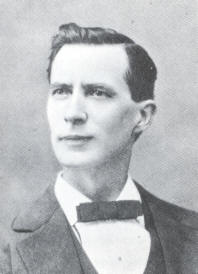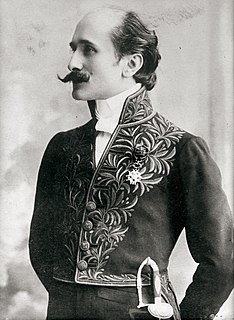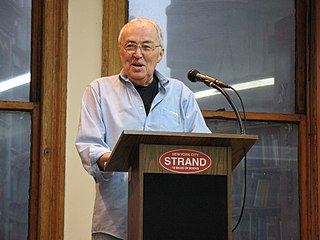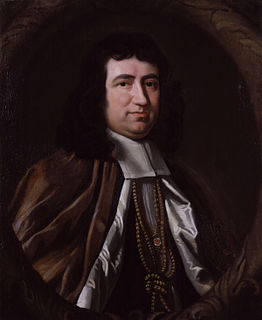A Quote by Horace
Nothing is too high for the daring of mortals: we storm heaven itself in our folly.
Related Quotes
You and I may only be mortals, with all the foolishness and fallibility that that state implies, but we're mortals made in the image of heaven. The gods can't do their work without us. So let's be bold, in their cause and in our own. It's our job, we humans, to make manifest that which is unmanifest-and to raise into consciousness, in this material dimension, that which had been known before only in heaven.
The profound calm which only apparently precedes and prophesies of the storm, is perhaps more awful than the storm itself; for indeed, the calm is but the wrapper and envelop of the storm, and contains it in itself, as the seemingly harmless rifle holds the fatal powder, and the ball, and the explosion.
The wisest is he that knows only that he knows nothing. God only knows. We mortals are only troubled with morbid little ideas, sired by circumstance and damned by folly. The human head can absorb only the flavorings of its surroundings. We assume that our faith political and our creed religious are founded upon our reason, when they are really made for us by social conditions over which we had little control.
Once, Turner had himself lashed to the mast of a ship for several hours, during a furious storm, so that he could later paint the storm. Obviously, it was not the storm itself that Turner intended to paint. What he intended to paint was a representation of the storm. One's language is frequently imprecise in that manner, I have discovered.
Incredulity is not wisdom, but the worst kind of folly. It is folly, because it causes ignorance and mistake, with all the consequents of these; and it is very bad, as being accompanied with disingenuity, obstinacy, rudeness, uncharitableness, and the like bad dispositions; from which credulity itself, the other extreme sort of folly, is exempt.
And how high is Christ's cross? As high as the highest heaven, and the throne of God, and the bosom of the Father that bosom out of which forever proceed all created things. Ay, as high as the highest heaven! for if you will receive it when Christ hung upon the cross, heaven came down on earth, and earth ascended into heaven.
The sovereign good of man is a mind that subjects all things to itself and is itself subject to nothing; such a man's pleasures are modest and reserved, and it may be a question whether he goes to heaven, or heaven comes to him; for a good man is influenced by God Himself, and has a kind of divinity within him.
Indeed, when God's glory dwells in me, there is nothing too far away, nothing too painful, nothing too strange or too familiar that it cannot contain and renew by its touch. Every time I recognize the glory of God in me and give it space to manifest itself to me, all that is human can be brought there and nothing will be the same again.






































